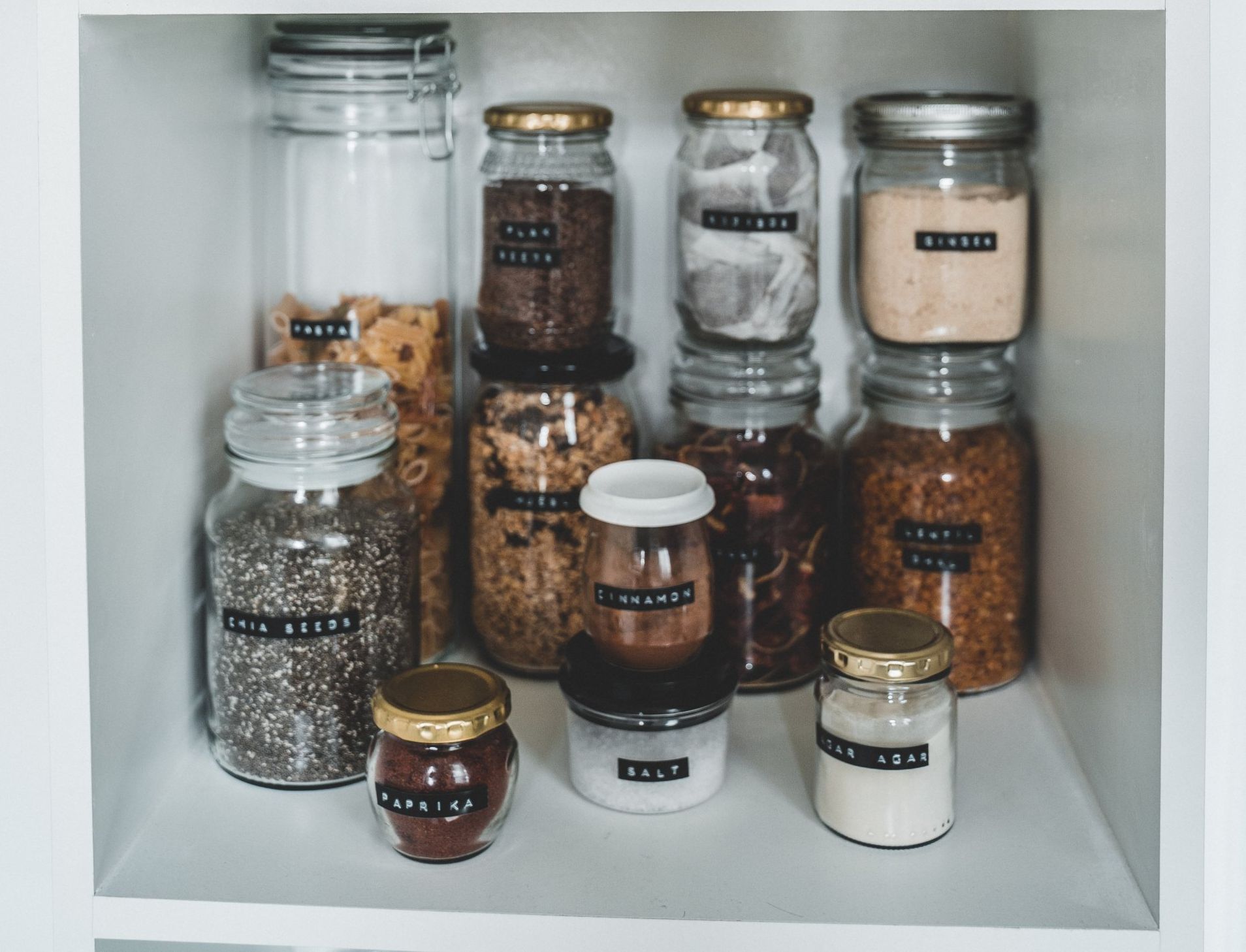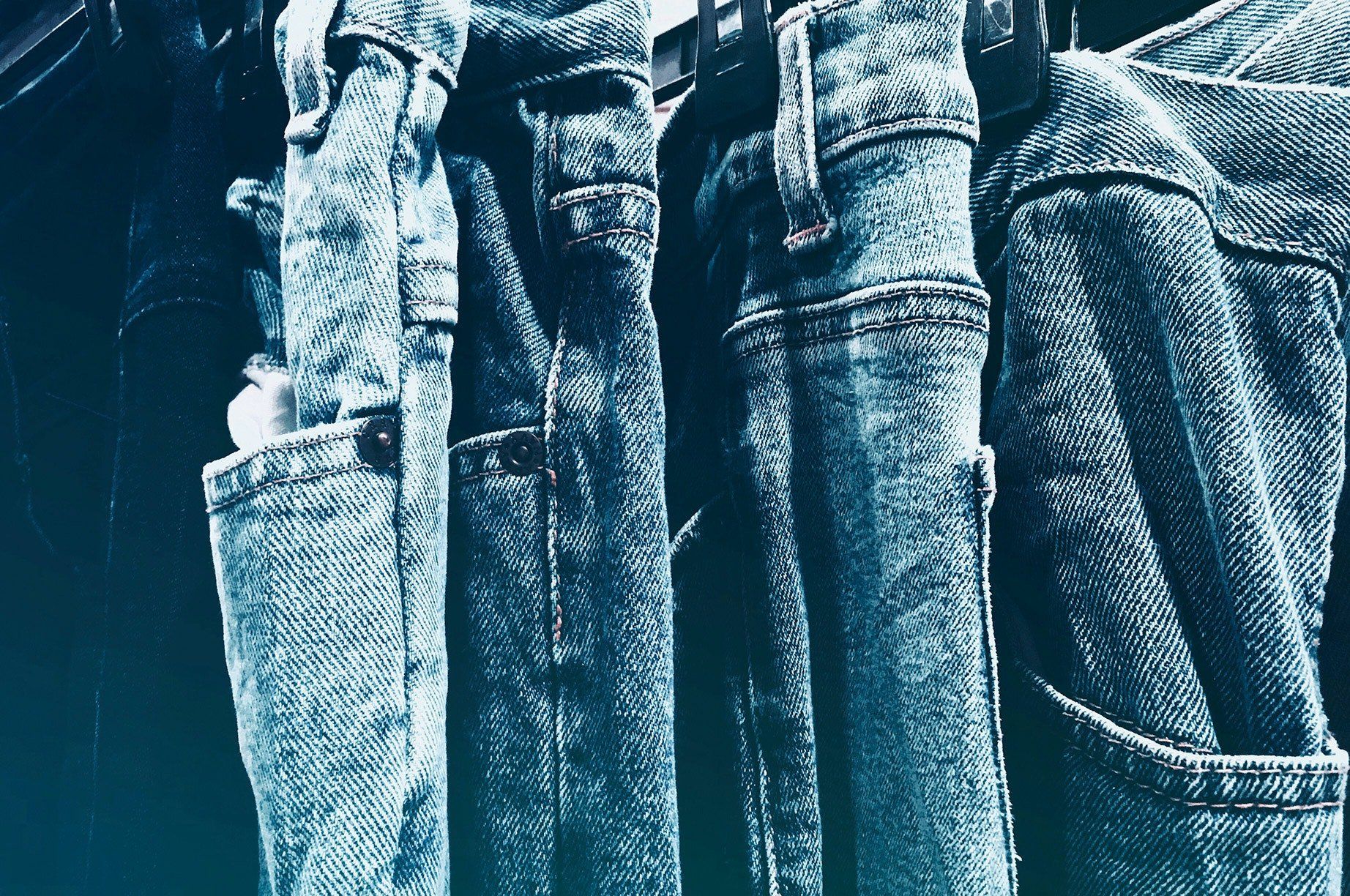Simple Ways to Help Save The Environment Right From Your Own Kitchen
Our mission at Zero Wasted is to help you make more informed decisions when trying to buy more consciously - we do all the research so you don't have to. We sometimes use affiliate links on our site. We only recommend products we love, that we think you will too.
The kitchen can be one of the busiest areas of your home, so it also has the biggest potential for achieving positive shifts, including protecting the environment and minimising the effects of climate change.
From growing your own food, and shopping from ethical and sustainable farmers, all the way to preparing, cooking, and storing your everyday meals, there are many ways you can improve how you work in the kitchen to minimize its negative impact on our planet.
If this is something you’re interested in, check out this quick guide to learn everything you need to know about going green in your own kitchen.
Say Goodbye to Single-Use Plastic
Since 2015, retailers in the UK have been required by law to charge customers for single-use plastic bags in an effort to reduce plastic waste and pollution in oceans, rivers, lakes, and forests and protect the wildlife that inhabits them.
Other single-use plastics are also banned in the UK, including disposable straws, stirrers, and cotton swabs On top of this, the
UK government has made a more stringent effort to ban plastics. Effective October 2023, plastic plates, trays, bowls, cutlery, balloon sticks, and other cups and food containers will not be provided or sold to customers, retailers, food vendors, and the hospitality industry in the country.
You, too, can set your kitchen free from the convenience of single-use plastics with these simple tips:
FARMER'S MARKETS
Shop more frequently at local farmer’s markets, where you can get fresh produce with plastic-free packaging.
ZERO WASTE GROCERIES
Scout for online
zero waste supermarkets and sustainable groceries or zero waste shops in your area.
REUSABLE BAGS
Make a habit of bringing a reusable shopping bag to the grocery store to stock up on your pantry supplies.
REFILLABLE CONTAINERS
Use washable glass containers and old jars of jams or sauces to store food or dry goods, like oats and cereals.

Strive for a Zero Waste Kitchen
- Stop using paper towels. Invest in washable kitchen towels instead for cleaning up spills and messes.
- Maximise the use of parchment paper and aluminium foils. Reuse them as long as they are not yet ripped or soaking wet.
- Get reusable alternatives like silicon baking mats, beeswax wrap, and silicone sandwich bags that you can reuse conveniently.
- Hand wash and reuse microwavable containers and zip-lock bags if you still have them.
- Buy zero waste and refillable cleaning products, or make your own at home. You’ll be surprised at vinegar and baking soda’s cleaning powers in the kitchen.
- Use leftover citrus peelings by adding them to your DIY cleaning solutions for a natural scent and avoid other nasty odours with cleaning tips to keep your kitchen smelling amazing.
Use Your Dishwasher, Instead of Hand Washing Dishes
Believe it or not, using the dishwasher is more energy-efficient than hand washing your dishes. When you manually wash your dirty dishes in the sink, you consume approximately 27 gallons of water compared to only 10 gallons per load in an Energy Star-certified dishwashing unit. So, do yourself a favour and put the sponge down if you have a dishwasher at home.
Maximise the benefits of your dishwasher with these eco-friendly and energy-saving tips:
- Get the most out of each wash by running a full load and stacking dishes fully at the end of the day.
- Do not pre-rinse the dishes in the sink. Your dishwasher can handle them if you scrape off the food crumbs.
- Use the economy or eco-friendly setting.
- Skip the heat drying and let the plates air dry instead.
- Use only
plastic free dishwasher tablets.
Newsletter Signup






